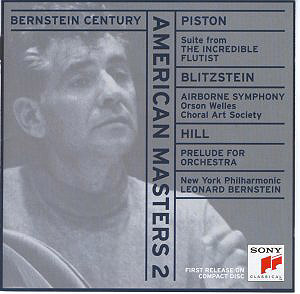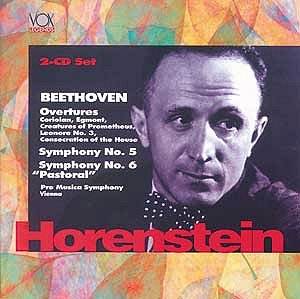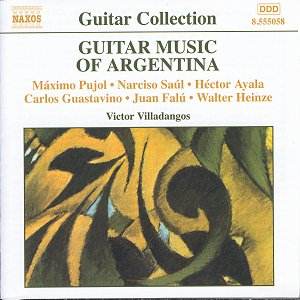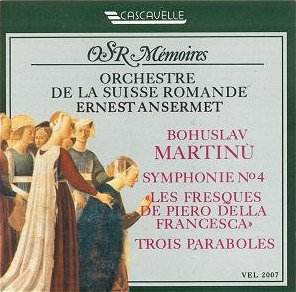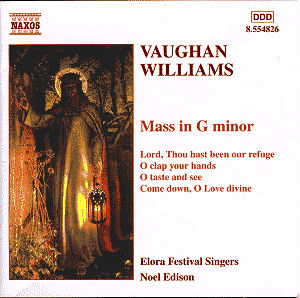 Composer: Ralph Vaughan Williams
Composer: Ralph Vaughan Williams
Works: Choral Works: Motets, Lord, Thou hast been our refuge, Prayer to the Father of Heaven, O Vos Omnes, O Clap your hands, O taste and see, O how amiable are thy dwellings, Hymn ‘Come down O Love divine’, Mass in G minor
Performers: Elora Festival Singers directed by Noel Edison with organist Thomas Fitches
Recording: February 2000, St. Mary Magdalen’s Church, Toronto
Label: NAXOS
Ralph Vaughan Williams, a towering figure of 20th-century British music, left behind a rich tapestry of choral works that reflect his deep connection to English tradition and spirituality. This recording by the Elora Festival Singers, though not widely familiar in the UK, showcases both the ensemble’s talent and the nuanced beauty of Vaughan Williams’ choral oeuvre. The selected works span his career, from the poignant motets such as “O Vos Omnes” and “Prayer to the Father of Heaven” to the celebrated “Mass in G minor,” all of which resonate with the composer’s distinct harmonic language and lyrical expressiveness.
The interpretation of the “Mass in G minor,” a cornerstone of Vaughan Williams’ choral repertoire, reveals the Elora Singers’ strengths and weaknesses. Under Noel Edison’s direction, the choir navigates the work’s reflective passages with sensitivity; however, the more vigorous sections, particularly the “Gloria,” lack the dramatic thrust that Vaughan Williams intended. The opening of the “Credo,” marked Allegro con moto and forte, struggles to achieve a lively tempo and the desired dynamic intensity. This deficiency becomes especially apparent during climactic moments where the music’s inherent power should surge forth. A compelling comparison can be drawn with the Hyperion recording by the Corydon Singers under Matthew Best, which illustrates the robust energy that can be harnessed in these sections.
The technical quality of the recording is commendable, yet it occasionally suffers from an overly smooth acoustic that dulls the impact of the choir’s more forceful passages. While the softer dynamics are executed with grace, the more powerful moments often fall flat, lacking the required incisiveness. For example, the double choir “A-men” in the “Gloria,” which should evoke a sweeping majesty, feels muted in this interpretation. The choir’s homophonic treatment of “Prayer to the Father of Heaven” is ethereal and moving, reminiscent of Vaughan Williams’ later works and showcasing a delicate handling of root position harmonies. Yet, one yearns for a fuller expression in the more dramatic contrasts, as found in his contemporaneous settings.
The inclusion of lesser-known motets alongside the “Mass” enriches this recording, providing a broader context for Vaughan Williams’ choral writing. “O Vos Omnes,” composed for Holy Week, presents a searching depth that resonates with the listener, particularly at its climactic entry of lower voices, yet it, too, lacks the dynamic contrast to elevate its emotional weight. The anthems that follow, including the beloved “Come down O Love divine,” are lovingly rendered, though they do not escape the same pitfalls of dynamism that mar the “Mass.” The omission of Vaughan Williams’ plainsong hymn harmonizations, which could have offered additional insight into his choral style, feels like a missed opportunity.
This recording presents a commendable attempt to bring Vaughan Williams’ choral works to a wider audience, yet it ultimately falls short of capturing the full dramatic potential of the music. The Elora Festival Singers demonstrate considerable artistry and warmth, but the performance would benefit from a more vigorous interpretation of the dynamic contrasts inherent in Vaughan Williams’ writing. While the price and accessibility of this recording may draw in enthusiasts of the composer, those familiar with more electrifying renditions may find it lacking in the visceral impact that characterizes the best performances of Vaughan Williams’ choral music.
